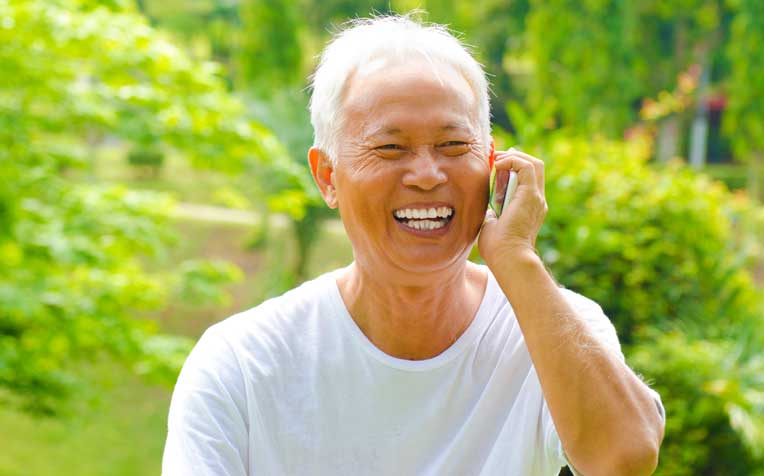
Smoking is one of the most important risk factors for pancreatic cancer.
Continued from previous page.
Symptoms of pancreatic cancer are generally vague and non-specific. While there's no sure way to prevent pancreatic cancer, there are ways to reduce one’s risk of getting pancreatic cancer.
HOW DO YOU REDUCE YOUR RISK OF PANCREATIC CANCER?
- Quit smoking: Smoking is the single biggest known risk factor for developing pancreatic cancer. It accounts for 40 per cent of all pancreatic cancers in the US.
- Reduce intake of sugary soft drinks: A US research study on 60,000 Singapore Chinese men and women over a 14-year period has pointed to the intake of soft drinks as a risk factor for pancreatic cancer.
The research team of the University of Minnesota School of Public Health found that those who drank two or more soft drinks every week had an 87 per cent higher risk of developing pancreatic cancer than those who did not.
Other studies have pointed to a high-fat and low-fibre diet, heavy alcohol use, and working in a toxic, chemical-laden environment, as risk factors for pancreatic cancer.
TREATMENT FOR PANCREATIC CANCER
Surgery offers the best treatment option for pancreatic cancer. However, according to Professor Pierce Chow, Senior Consultant, Division of Surgical Oncology, National Cancer Centre Singapore (NCCS), a member of the SingHealth group, only one out of five pancreatic cancers can be surgically removed at the time of diagnosis.
For operable pancreatic cancers, the five-year survival rate after curative surgery is about 20 per cent.
“Once the cancer has spread beyond the pancreas, or if the cancer involves major blood vessels, surgery ceases to be a useful or viable option,” adds Professor Chow.
For inoperable and advanced pancreatic cancers, the primary care is pain control, improving the quality of life and prolonging life where possible. Radiotherapy and chemotherapy are recommended.
The median survival rate for advanced pancreatic cancer is about three to six months from the time of diagnosis. However, over the last few years, clinical trials on newer systemic chemotherapies have improved the odds considerably.
The good news for Singaporeans? While pancreatic cancer (mainly the ductal adenocarcinoma type) is the fourth most common cancer in the US, it accounts for less than 2 per cent of cancers diagnosed in Singapore.
Ref: Q15
Contributed by
Related Articles
Conditions & Treatments
Public Events
Get the Health Buddy App
© 2025 SingHealth Group. All Rights Reserved.















 Get it on Google Play
Get it on Google Play